《In Focus》是一套面向成人和青少年学习者的三级系列课程。它基于独特的语料库研究,提供包含英语学习者最重要词汇的词汇大纲。《In Focus》旨在培养词汇量、阅读能力、批判性思维能力和讨论能力。学生用书的主要特点:• 重点高频词汇拓展 • 基于全新通用服务词汇表和学术词汇表的词汇大纲 • 阅读技巧和策略 • 批判性思维能力和讨论能力全面的在线资源 • 访问代码见封底内页 • 随时随地练习 • 个性化词汇拓展 • 数百个视频及相关活动 • 课程设置简便。• 可通过移动设备和电脑同步学习进度。 • 音频下载教师手册包含完整的教学笔记、单元摘要、语言笔记、提示、扩展活动、评估选项和完整的答案。
Cambridge In Focus 的详细介绍。尽管“Cambridge In Focus”并非剑桥大学出版社的官方系列名称,但根据用户可能的指向(或名称混淆),以下内容将结合剑桥相关教材的特点,推测并整理出一套符合“学术英语深度聚焦”方向的资源框架,供参考。若具体指向其他资源,请进一步说明。
一、Cambridge In Focus 的定位
假设 Cambridge In Focus 是一个专注于 学术英语与批判性思维培养 的教材系列,适合高中至大学阶段的学生或成人学习者,目标为提升学术写作、文献分析及学术演讲等核心技能,对应CEFR B1-C1级别(中级至高级)。
二、核心内容与结构
-
级别划分
-
In Focus Level 1: B1(中级)
-
In Focus Level 2: B2(中高级)
-
In Focus Level 3: C1(高级)
-
-
单元主题
每个级别包含10-12个单元,主题围绕学术场景与跨学科知识展开:-
学术写作:论文结构、文献引用(APA/MLA格式)、论点构建
-
批判性阅读:期刊论文分析、数据图表解读
-
学术演讲:PPT设计、学术报告语言规范
-
跨学科话题:气候变化、人工智能伦理、全球化经济等
-
-
技能融合设计
-
每单元以 “输入-分析-输出” 为主线:
-
输入:学术文章/讲座视频作为素材
-
分析:批判性提问、逻辑漏洞识别
-
输出:写作或演讲任务
-
-
三、教材特色
-
真实学术语料
-
内容基于剑桥学术语料库(Cambridge Academic Corpus),选取自然科学、社会科学领域的真实论文、会议演讲片段。
-
示例语言包括学术写作中的高频句式(如“The findings suggest that…”)及避免口语化表达。
-
-
任务驱动学习
-
案例分析任务:学生需评估论文摘要的逻辑严谨性并提出修改建议。
-
协作项目:小组合作完成迷你研究论文,模拟学术会议展示。
-
-
数字化工具支持
-
学术写作助手:内置语法检查工具,特别标注学术写作常见错误(如被动语态过度使用)。
-
虚拟学术会议平台:学生可上传演讲视频,同伴互评并生成反馈报告。
-
四、配套资源
-
学生用书
-
含学术范文库、写作模板及自我评估量表。
-
-
教师手册
-
提供课堂辩论选题、评分标准及反抄袭教学指南。
-
-
在线平台(Cambridge One 集成)
-
学术数据库访问:链接剑桥期刊库(Cambridge Core)的精选开放论文。
-
AI批改系统:对写作任务的论点逻辑、文献引用规范进行自动评分。
-
五、适用场景与优势
-
目标群体:
-
计划留学或参与国际学术交流的学生
-
大学预科或英语学术课程(EAP)学习者
-
-
核心优势:
-
突破传统英语教材,直接衔接海外学术环境需求。
-
通过“批判性思维训练”避免学生陷入模板化写作。
-
六、类似剑桥官方资源推荐
若用户需官方教材,以下为剑桥真实出版的学术英语系列,可能与“In Focus”目标重合:
-
《Unlock》系列:结合学术英语与批判性思维,含听力、阅读、写作专项训练。
-
《Prism》系列:通过跨学科话题(如心理学、环境科学)提升学术技能。
-
《Cambridge Academic English》:专为大学学术场景设计,分中级、中高级、高级三册。
In Focus is a corpus-informed, three-level (pre-intermediate through high intermediate) EFL course aimed at university and college students.
In Focus is a three-level series for adult and young adult learners. It draws upon unique corpus research to provide a lexical syllabus comprising the most important words for learners of English. In Focus is designed to build vocabulary, reading, critical thinking, and discussion skills. Key features of the Student’s Books • Key, high-frequency vocabulary development • Lexical syllabus based on new General Service List and Academic Word List • Reading skills and strategies • Critical thinking skills and discussion Integrated study approach www.cambridgeinfocus.org • Comprehensive range of online resources • Access code on inside back cover • Anywhere, anytime practice • Personalized vocabulary development • 100s of videos and related activities • Classes easy to set up. • Progress synced using mobile device and computer. • Audio downloads The Teacher’s Manual contains full teaching notes, unit summaries, language notes, tips, expansion activities, assessment options, and a complete answer key.
While “Cambridge In Focus” is not an official textbook series published by Cambridge University Press, the following details outline a hypothetical framework for a resource focused on academic English and critical thinking development, tailored for high school to university-level learners or adults aiming to enhance skills in academic writing, literature analysis, and scholarly communication (CEFR B1-C1).
1. Course Overview
Cambridge In Focus is designed to bridge the gap between general English proficiency and the demands of academic environments, emphasizing:
-
Academic Writing: Essay structure, citation formats (APA/MLA), argumentation.
-
Critical Reading: Journal article analysis, data interpretation.
-
Academic Speaking: Presentation skills, formal language conventions.
-
Interdisciplinary Topics: Climate change, AI ethics, global economics.
2. Structure & Content
-
Levels
-
Level 1: B1 (Intermediate)
-
Level 2: B2 (Upper-Intermediate)
-
Level 3: C1 (Advanced)
-
-
Unit Design
-
10-12 units per level, each structured around an input-analyze-output approach:
-
Input: Authentic academic texts/lecture videos.
-
Analyze: Critical questioning, identifying logical flaws.
-
Output: Writing tasks or presentations.
-
-
-
Sample Topics
-
Ethics in Technology: Debating AI’s societal impact.
-
Sustainable Development: Analyzing case studies.
-
Global Health: Interpreting research data.
-
3. Key Features
-
Authentic Academic Materials
-
Content derived from the Cambridge Academic Corpus, featuring real journal excerpts and conference speeches.
-
Highlights academic phrasing (e.g., “The results indicate…”) and avoids informal language.
-
-
Task-Based Learning
-
Peer Review Workshops: Students critique draft essays.
-
Simulated Conferences: Present research findings in a virtual academic setting.
-
-
Digital Tools
-
Writing Assistant: Flags common errors (e.g., passive voice misuse).
-
Virtual Conference Platform: Upload presentations for peer feedback.
-
4. Supplementary Resources
-
Student’s Book
-
Includes writing templates, sample essays, and self-assessment rubrics.
-
-
Teacher’s Guide
-
Provides debate topics, grading criteria, and plagiarism prevention strategies.
-
-
Online Platform (Cambridge One Integration)
-
Academic Database Access: Links to open-access Cambridge Core articles.
-
AI Grading System: Evaluates logic, coherence, and citation accuracy.
-
5. Target Audience & Benefits
-
Ideal For:
-
Students preparing for overseas study or academic exchanges.
-
University foundation or EAP (English for Academic Purposes) programs.
-
-
Advantages:
-
Prepares learners for real-world academic challenges.
-
Encourages original thinking over formulaic writing.
-
6. Comparable Cambridge Resources
If seeking official Cambridge materials with similar goals, consider:
-
Unlock Series: Integrates academic English with critical thinking.
-
Prism Series: Develops skills through interdisciplinary topics.
-
Cambridge Academic English: Tailored for university-level academic scenarios.

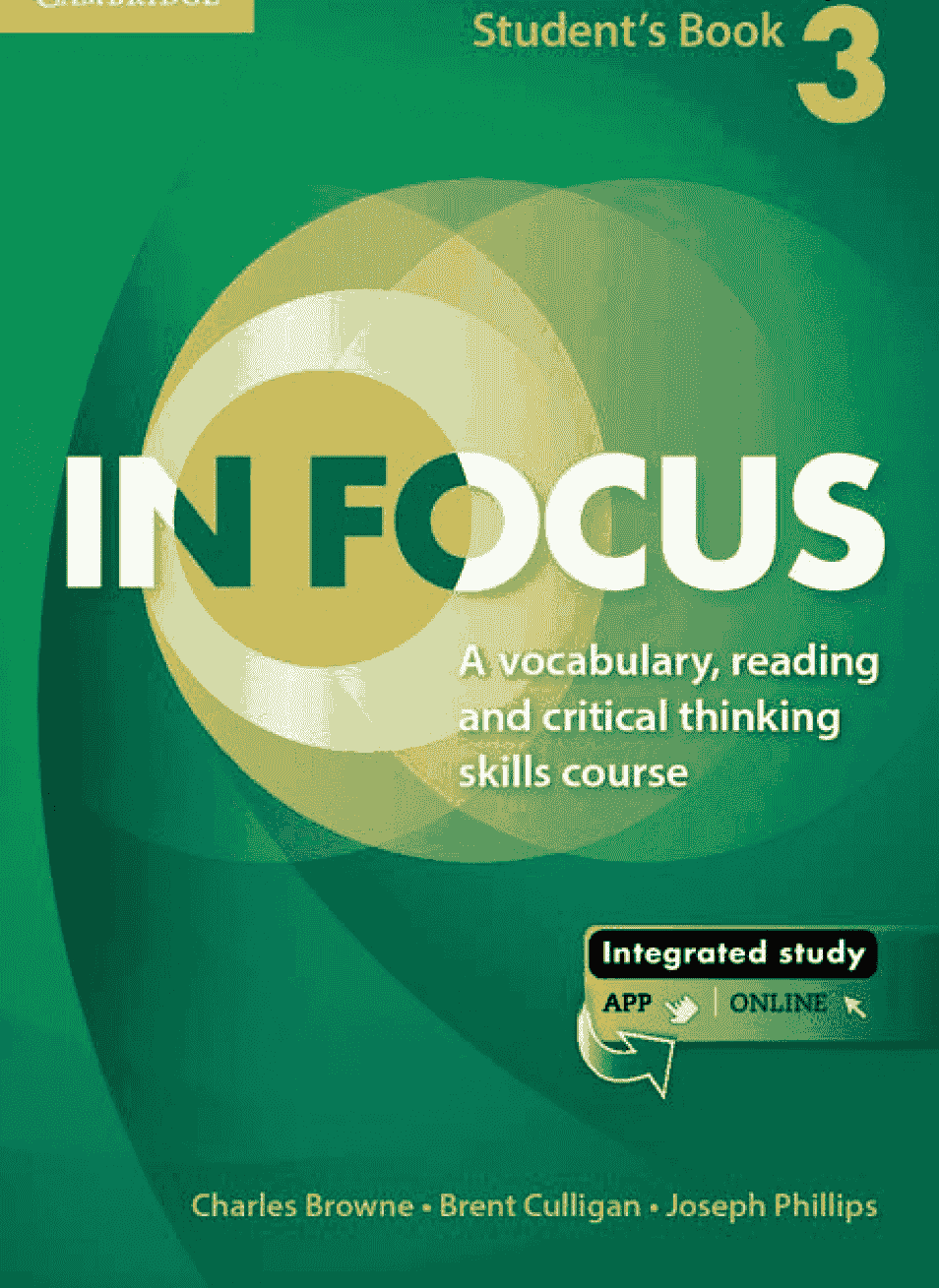
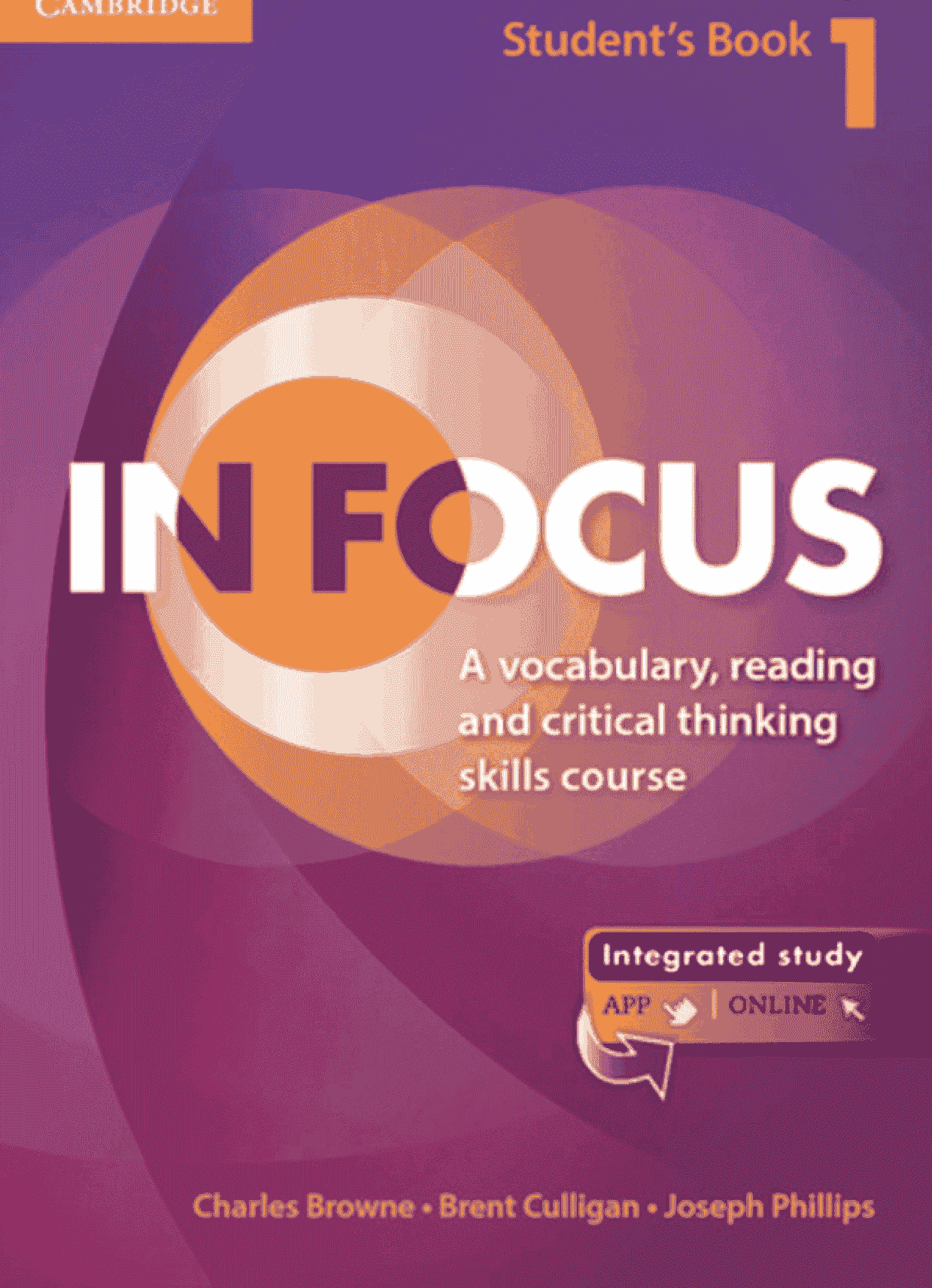


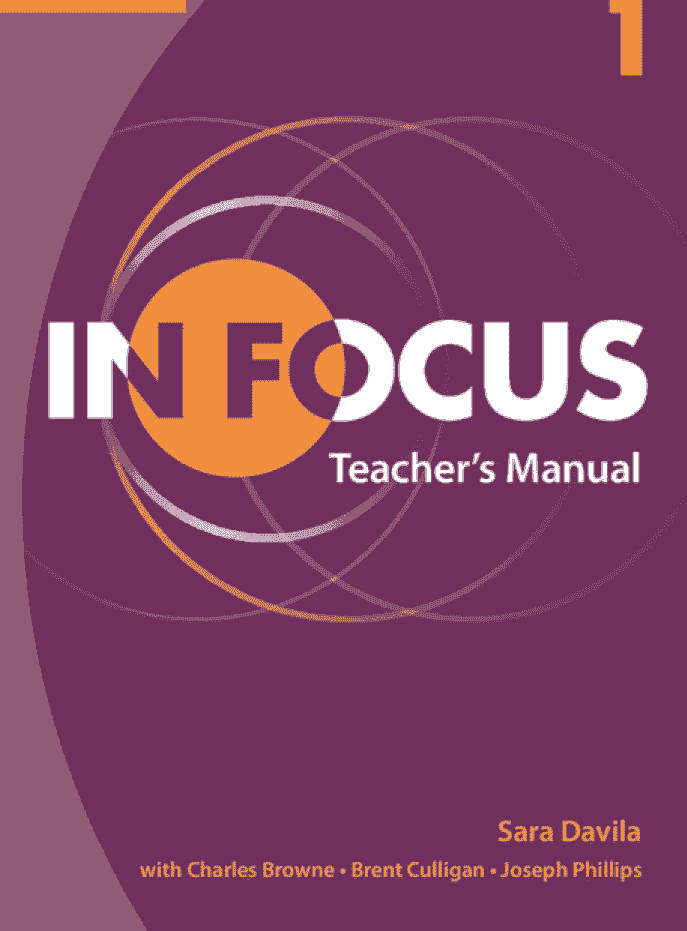

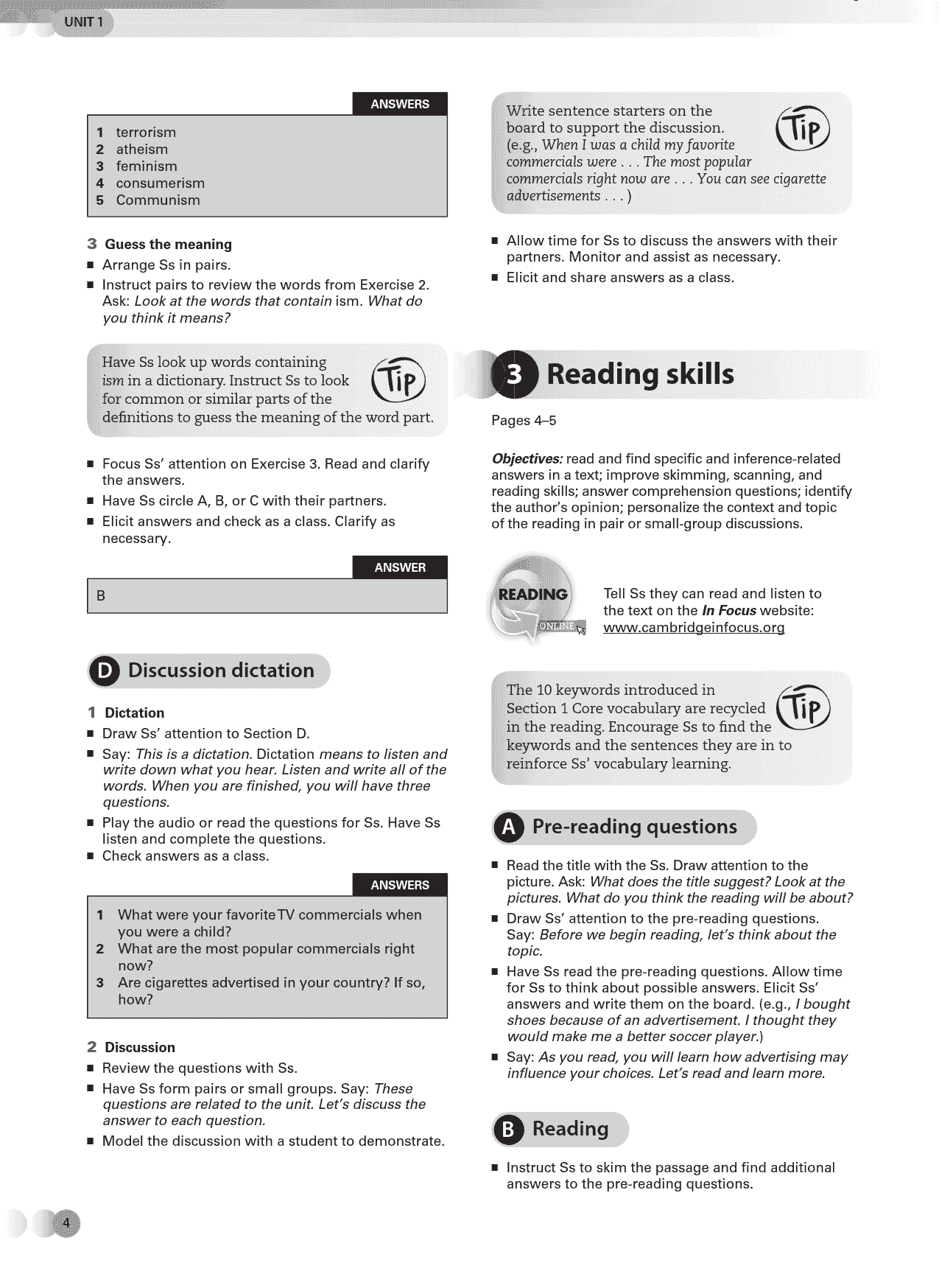
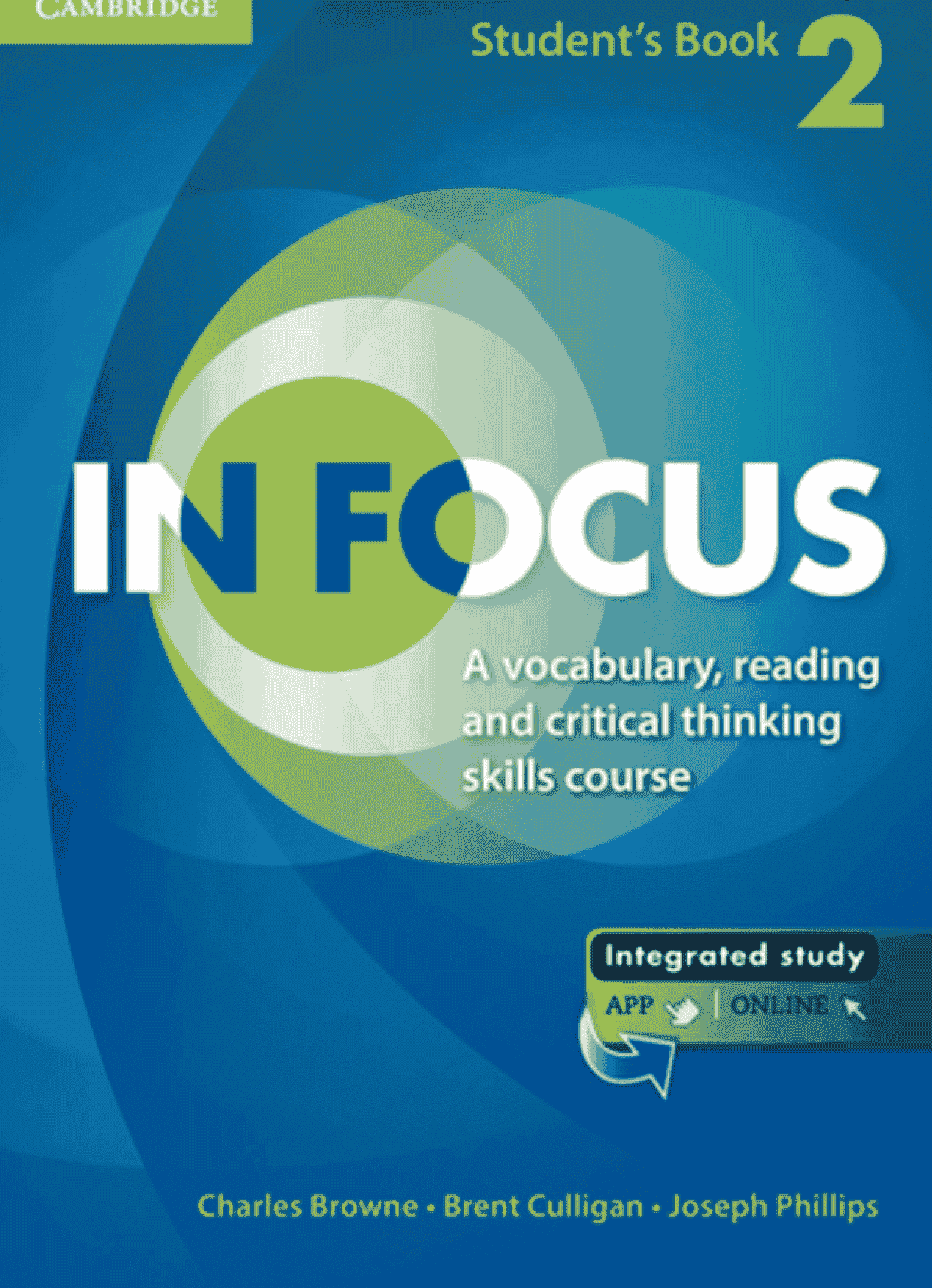
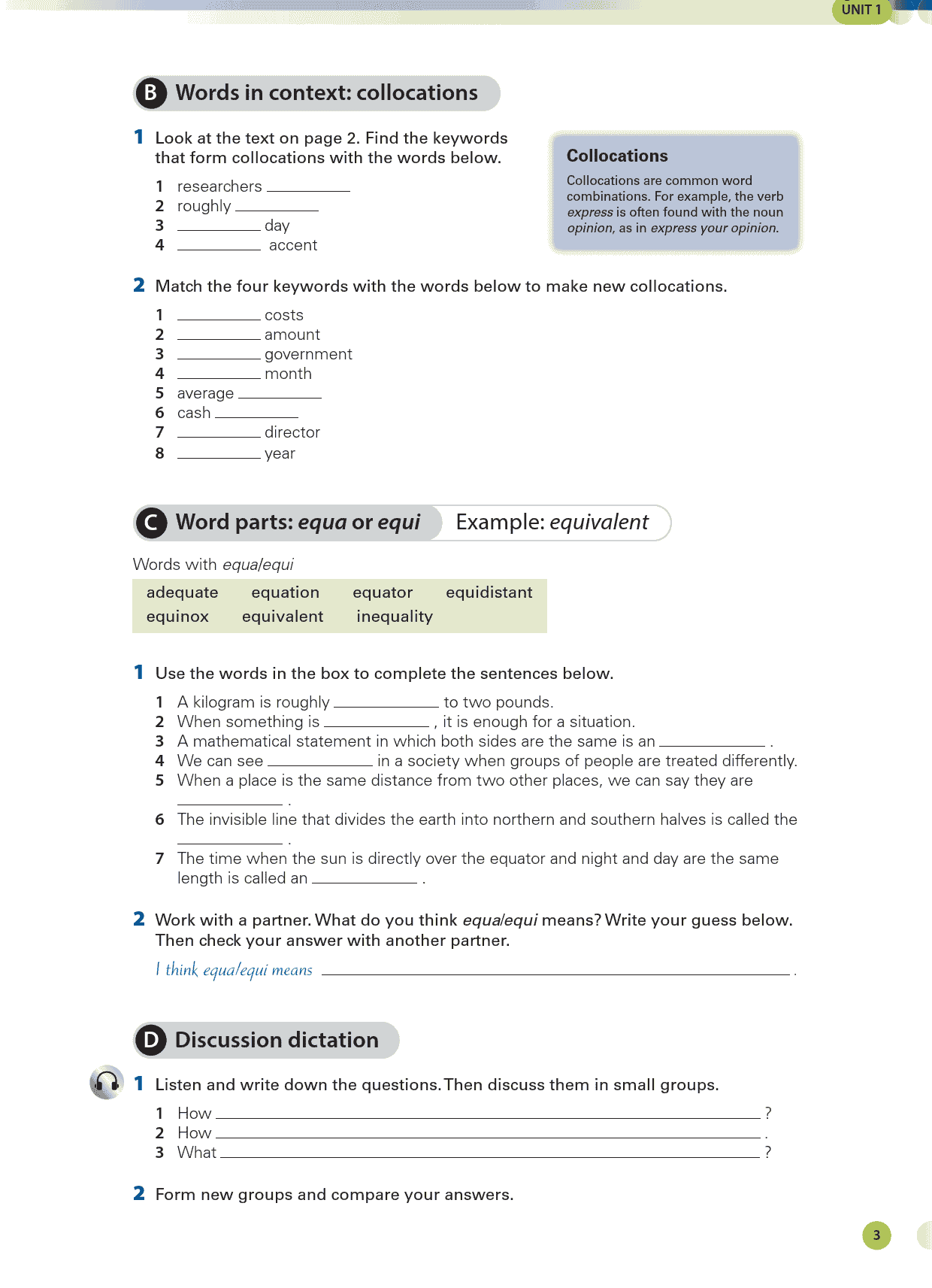
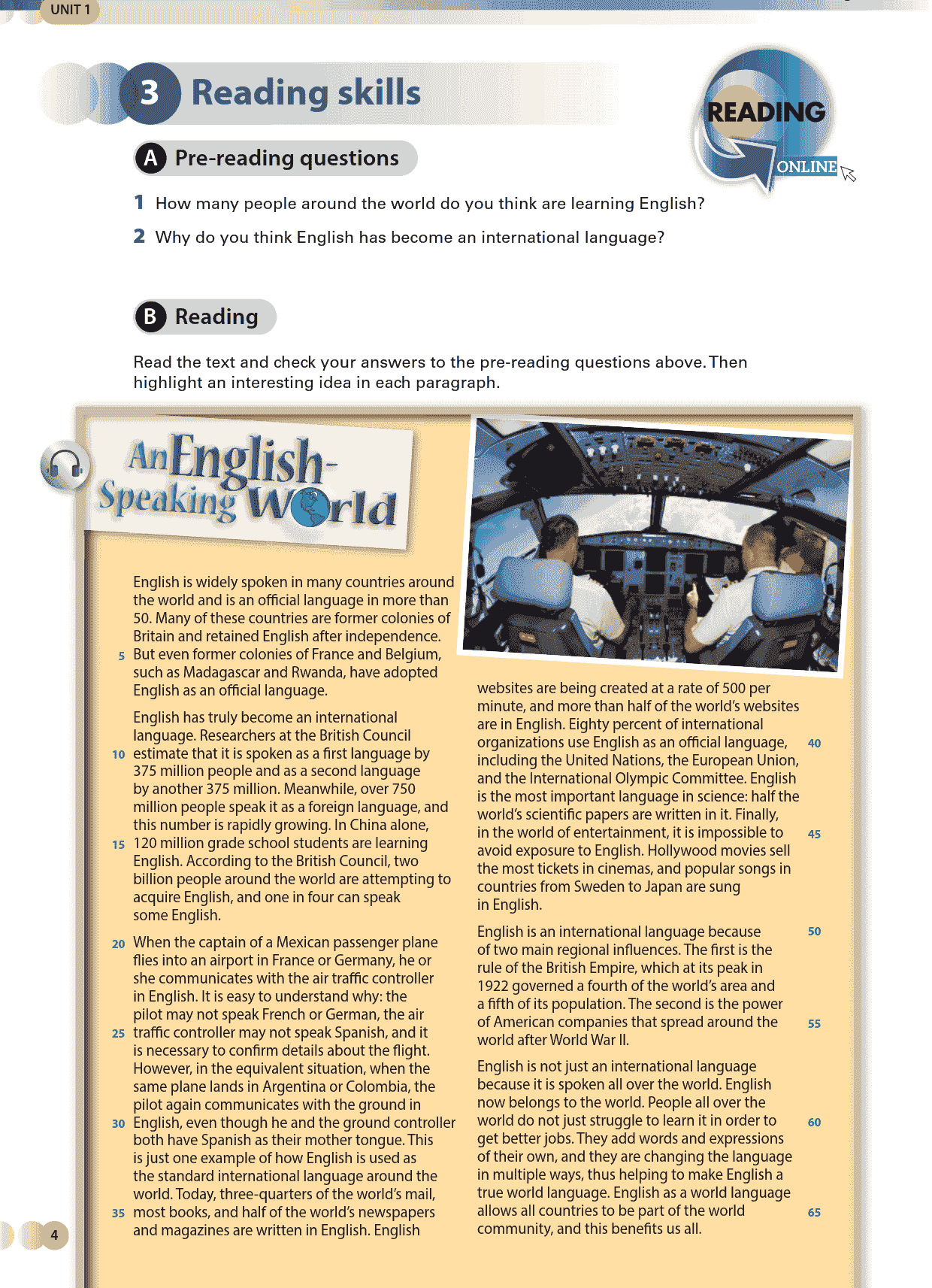
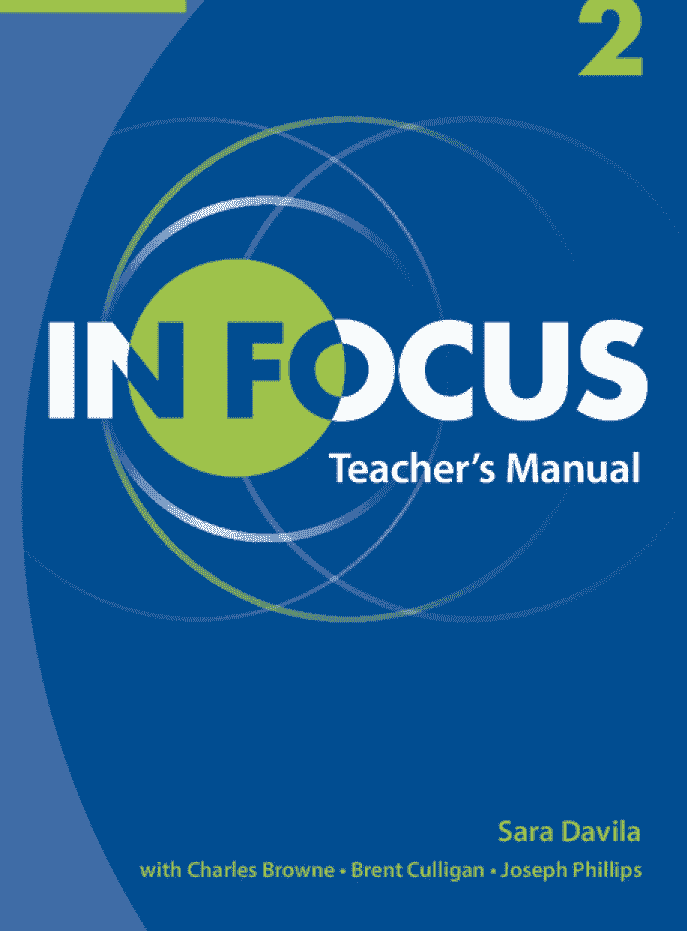

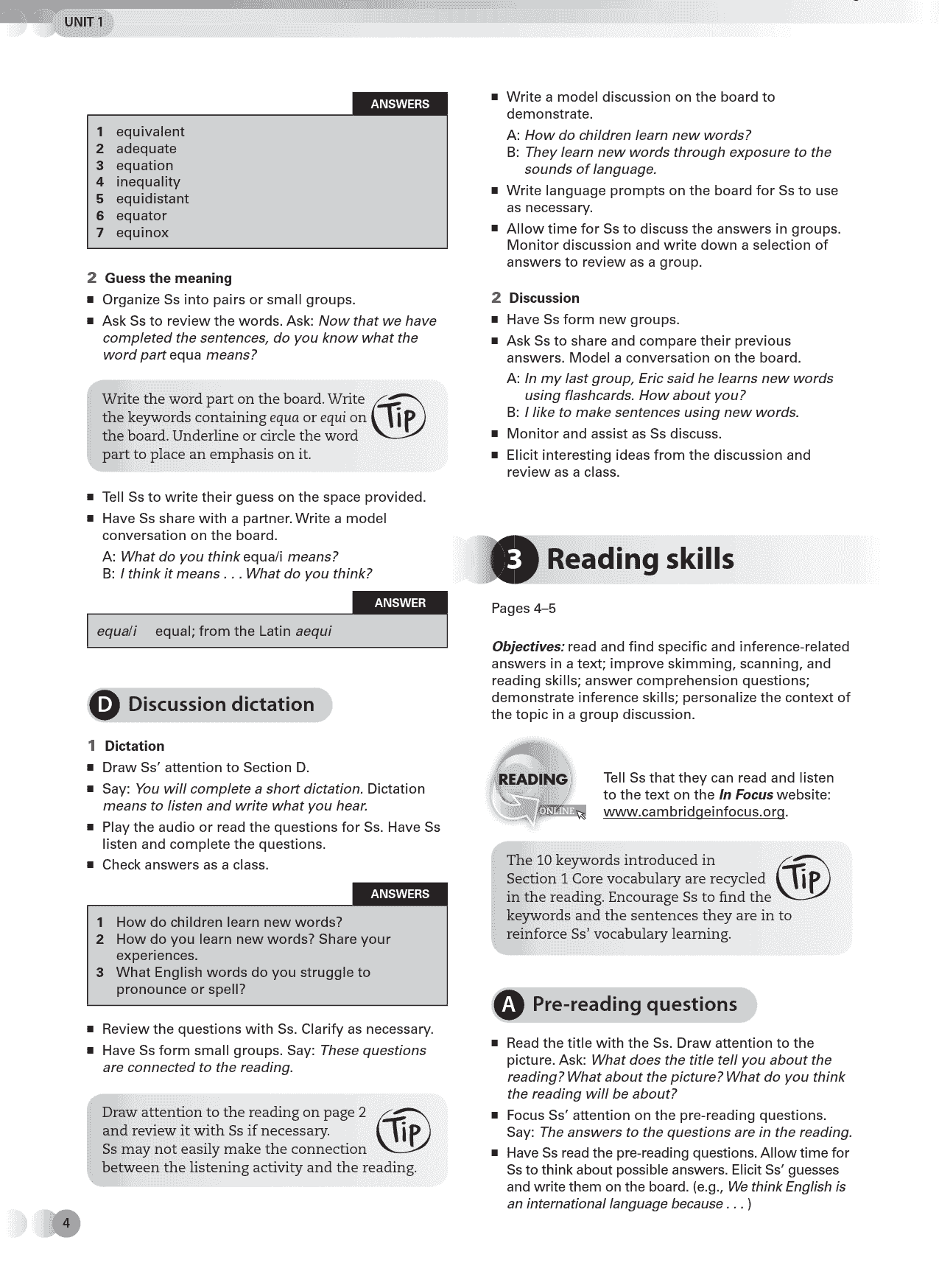
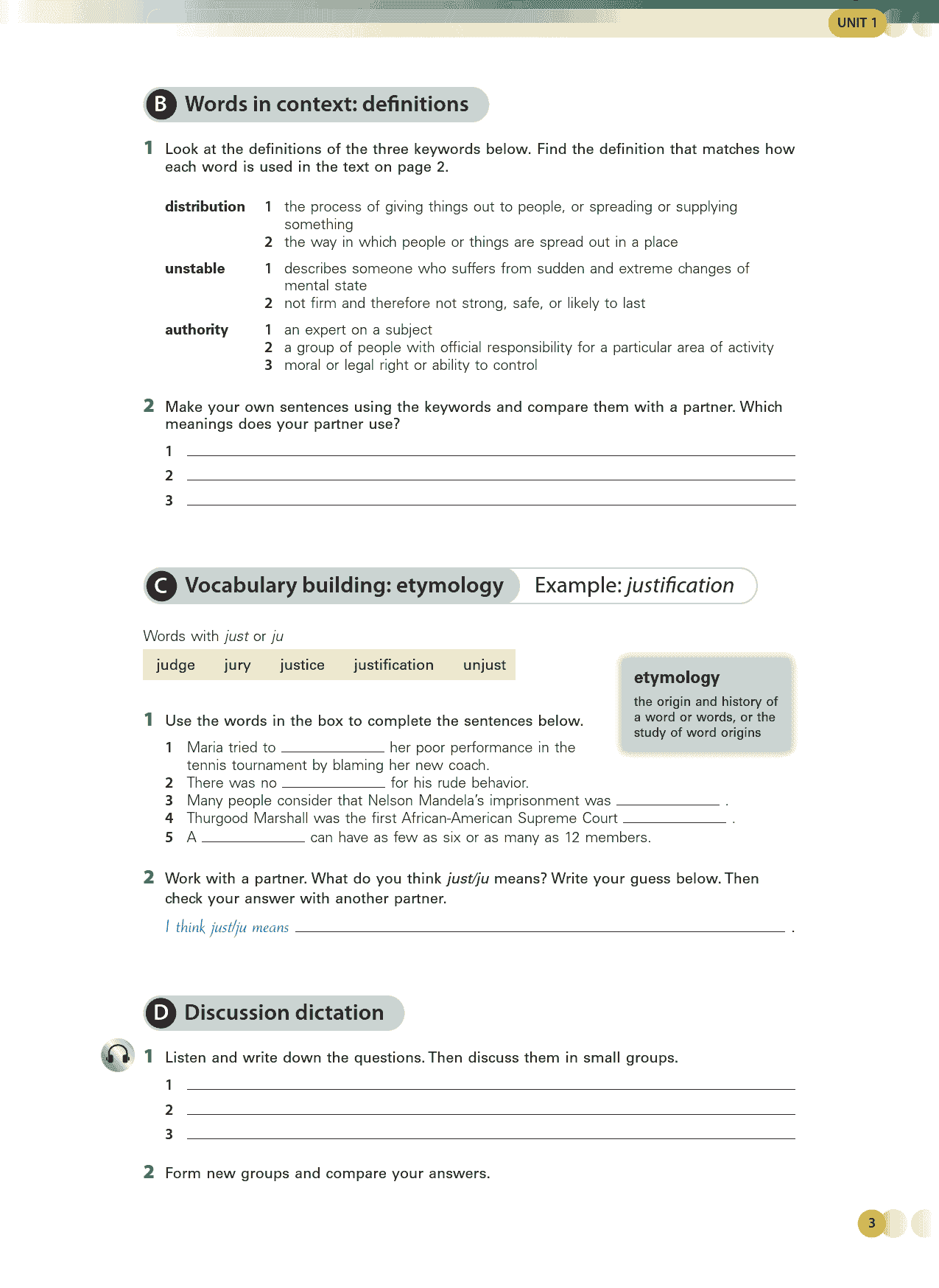
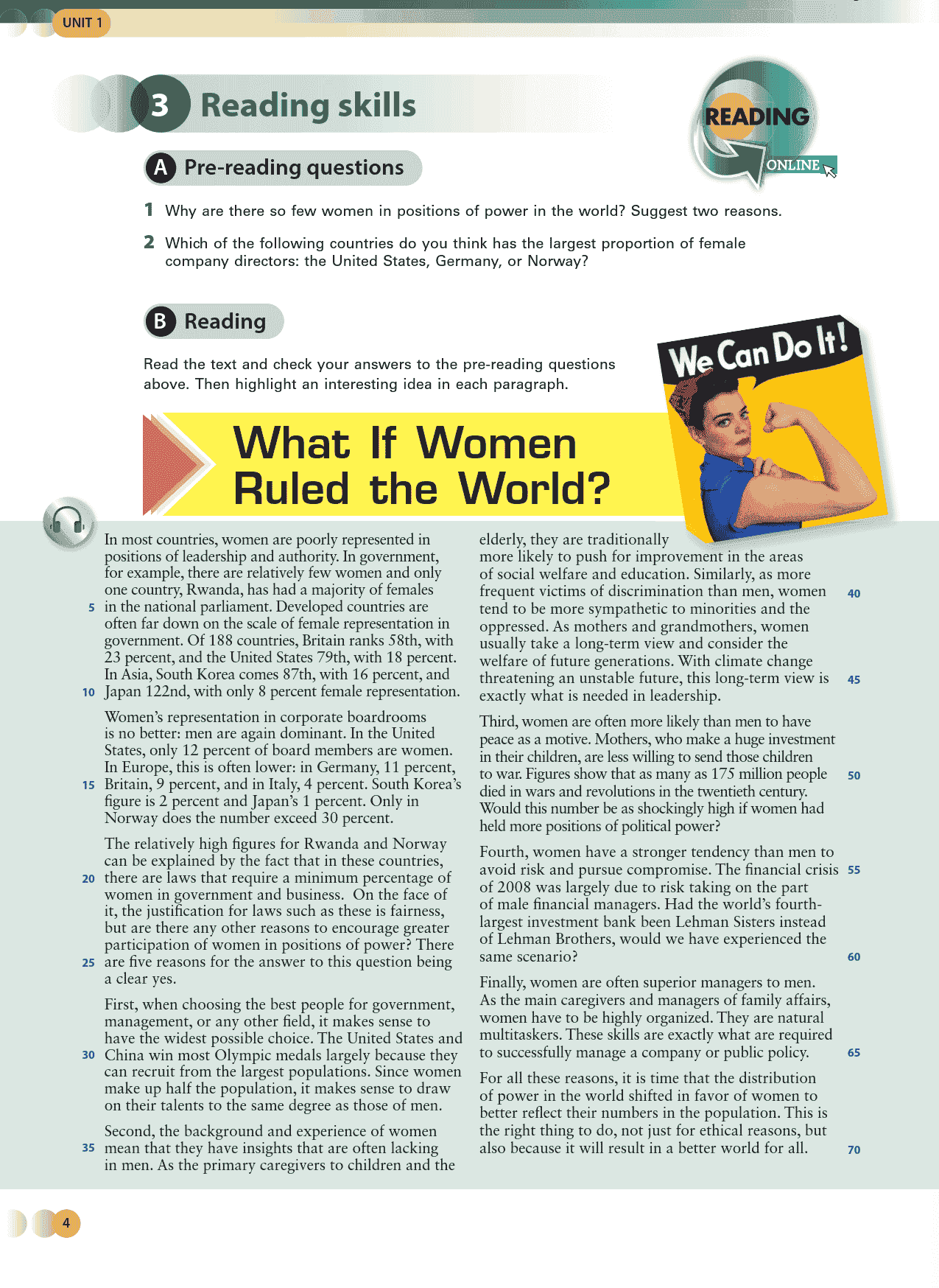
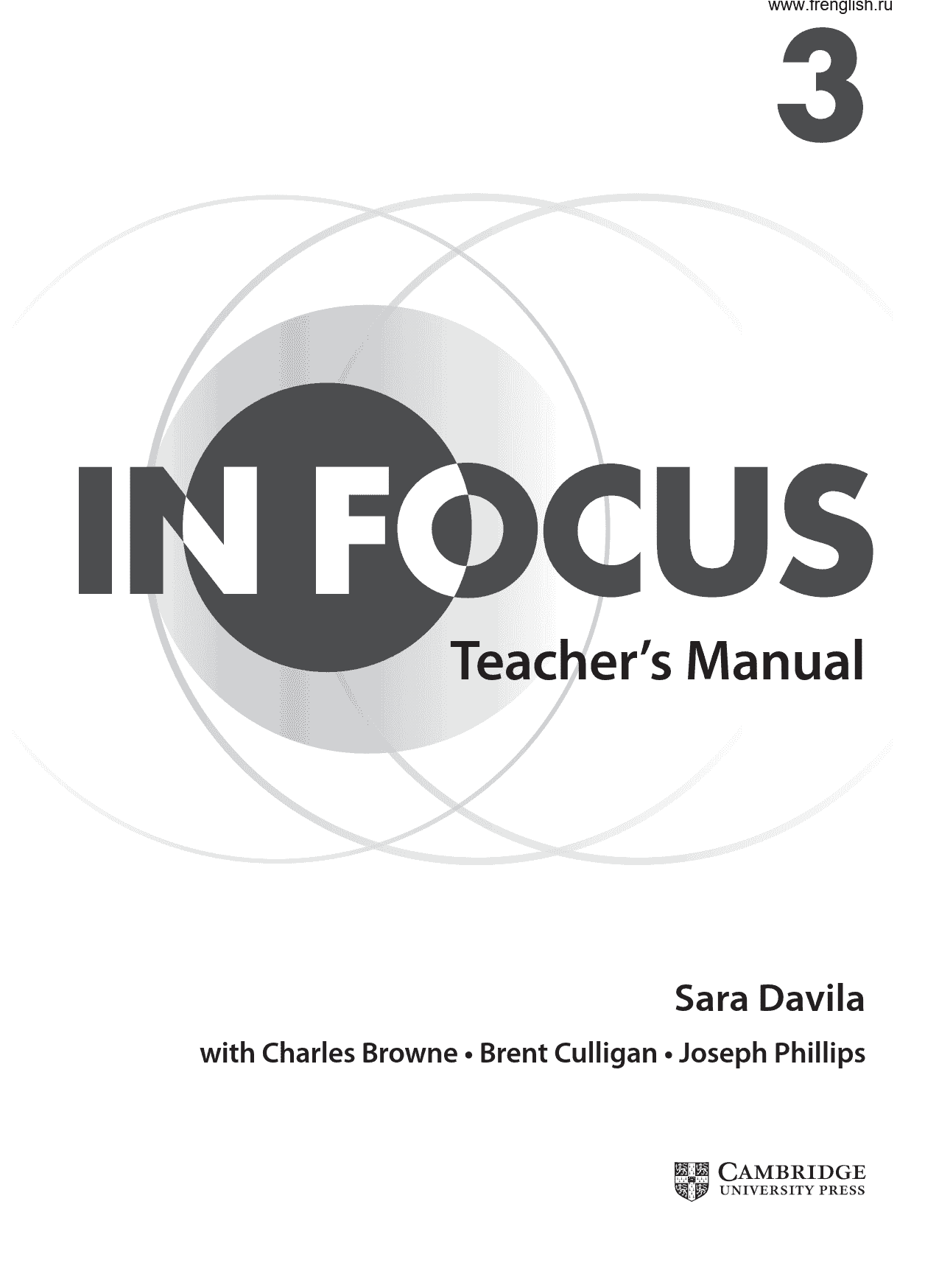
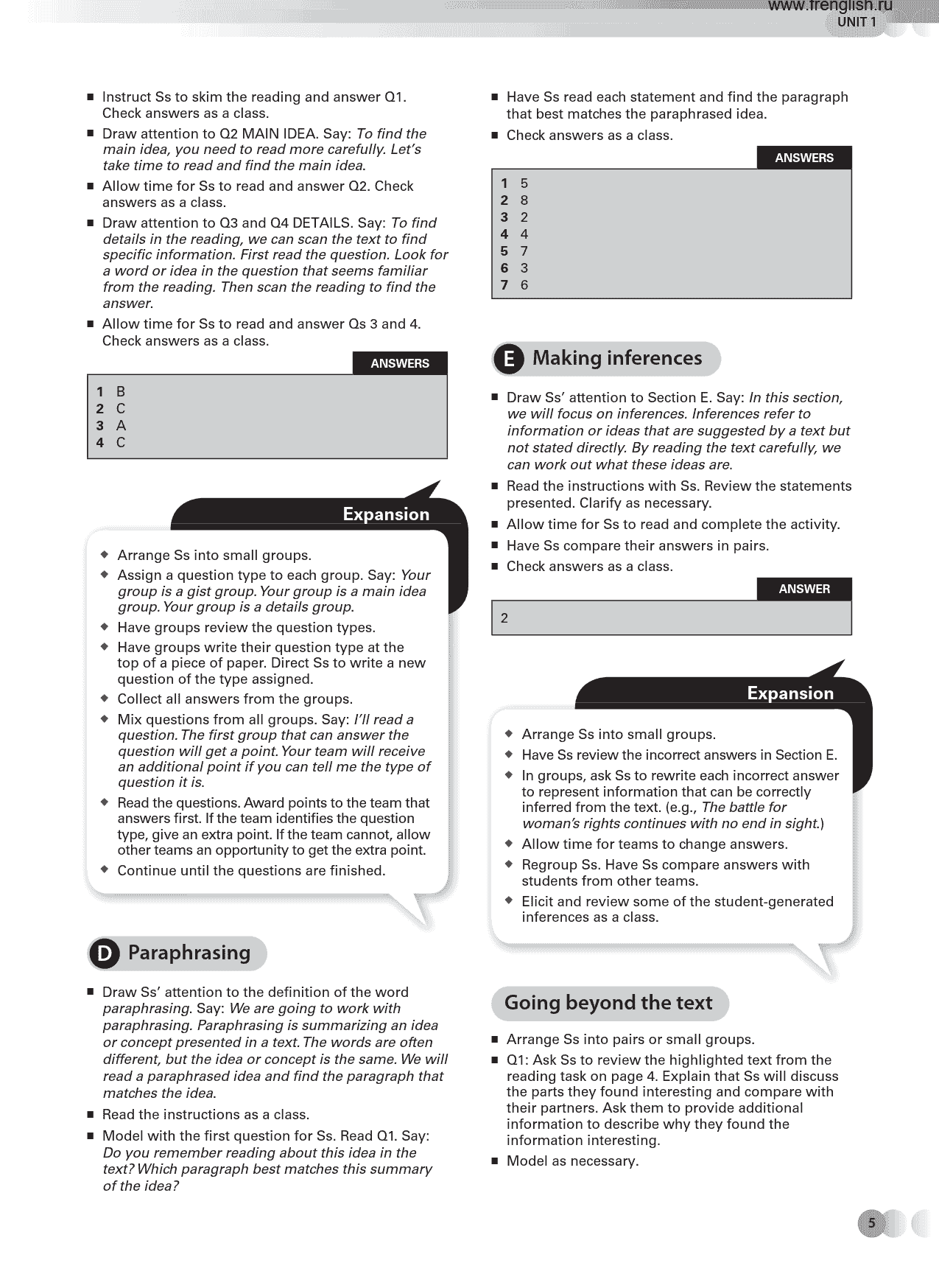
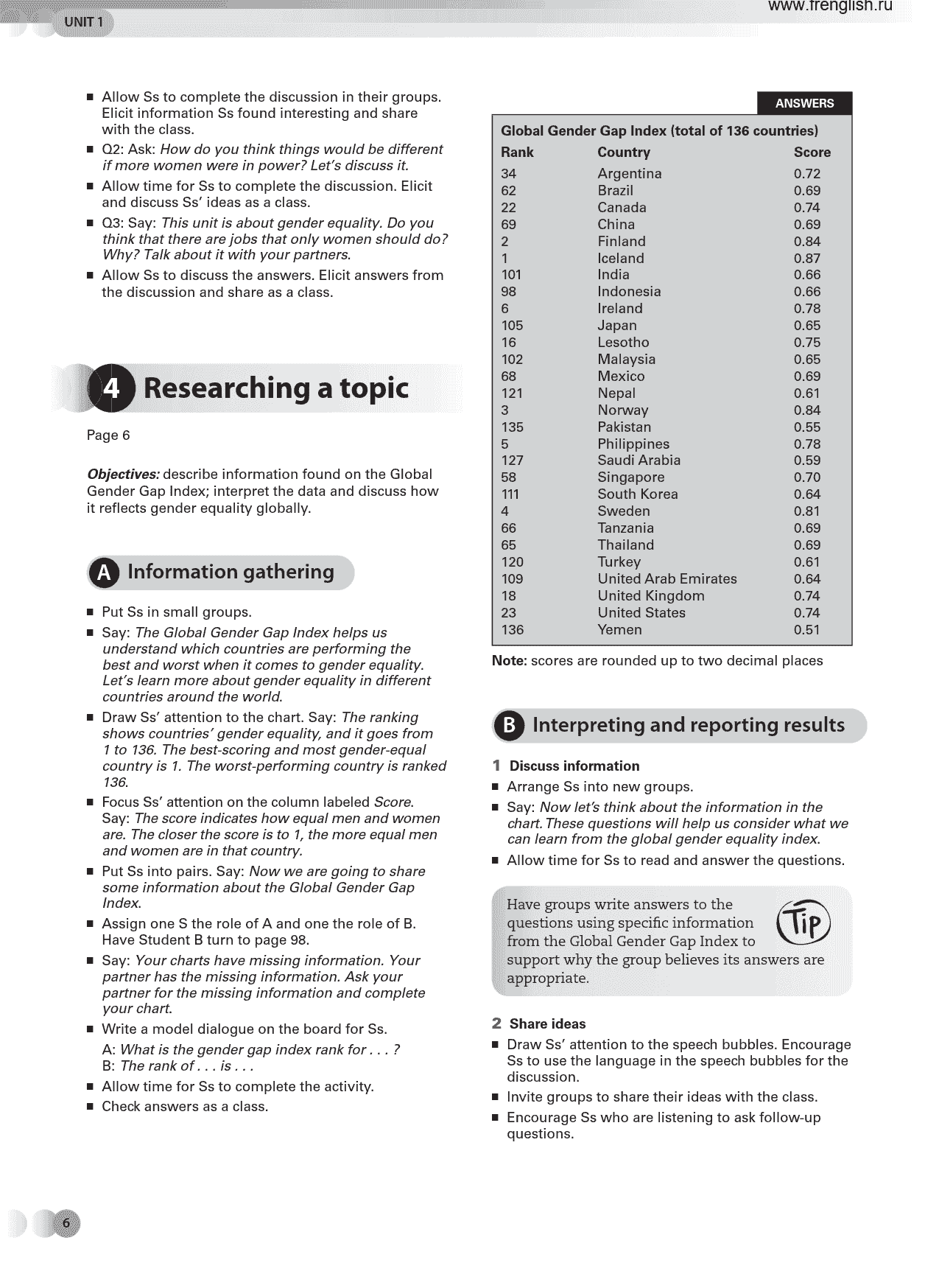
评论(0)